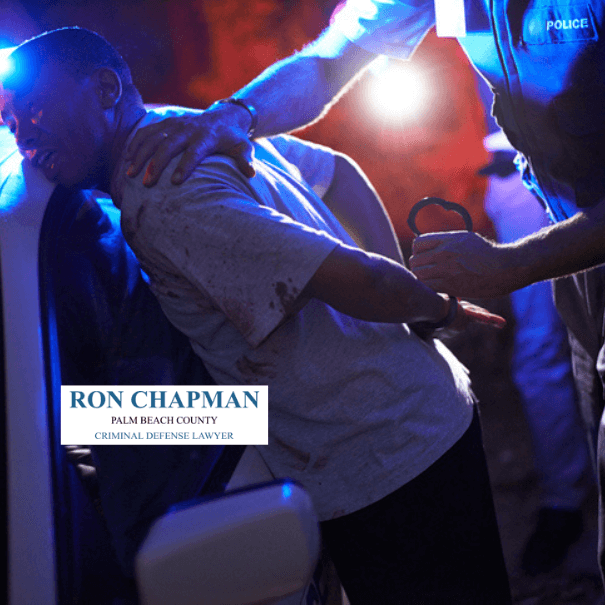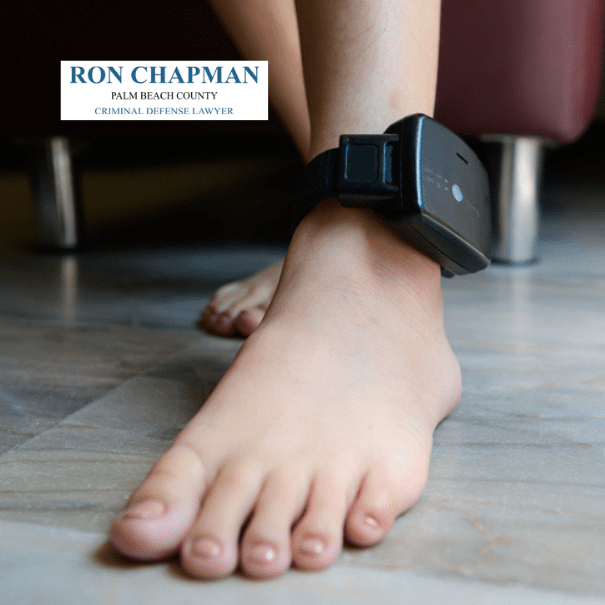Even though the right to bear arms is in the U.S. Constitution, federal law prohibits some people from owning or possessing weapons. For instance, if you have a felony conviction, you do not have the right to own a weapon unless you get your civil rights restored.
Unfortunately, the federal government cracks down on illegal possession, charging violators with a felony that can include substantial prison time and large fines. You also face deportation proceedings if you are an undocumented immigrant.
With more than 34 years of experience defending clients against federal charges, Ronald S. Chapman knows what to expect during each stage of the case. Reach out today to set up a consultation to fight your charges.
Under federal law, you cannot possess a firearm if you:
- Have a felony conviction
- Are an undocumented immigrant
- Are a fugitive from the law
- Were involuntarily committed to a mental institution
- Were dishonorably discharged from the military
These are just some of the prohibited classes. Regardless of the reason for the prohibition, a West Palm Beach possession of a firearm defense attorney can assist with your case.
Your West Palm Beach possession of a firearm lawyer will review the search and seizure process used in your case to ensure that law enforcement followed the letter of the law. If there was a violation of your constitutional rights, your attorney may be able to file a Motion to Suppress to keep the illegally obtained evidence out of court.
Contact our firm today to discuss the facts of your case and learn more about your legal rights. You still have time to mount a vigorous defense against the charges.
After reviewing the evidence, your attorney can discuss the strengths and weaknesses of the case against you. If the federal government has clear and compelling evidence to support a conviction, your lawyer can explain possible options to reduce a potential sentence. Providing substantial assistance to the federal government is one such option.
In this instance, you will provide substantial assistance to help the federal government investigate and prosecute other crimes. In return, the court can deviate from the sentencing guidelines. That means you can end up with a lower sentence than if you were found guilty without providing such assistance.














